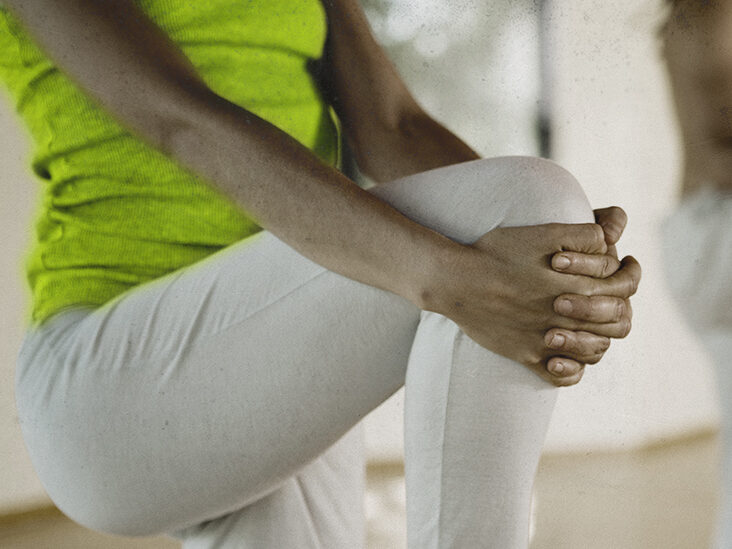
The plank is one of the most fundamental yoga poses for beginners. In this pose, your wrists should be parallel to the top of your mat, your arms facing in the front, and your legs and feet hip-width apart. If this is a difficult position for you, don't hesitate to modify it. You can also lift your heels or rock your head from side to side. After mastering this pose, you can try more challenging poses.
Triangle pose
Yoga poses like the Triangle pose, which is a basic yoga pose for beginners, can provide tremendous benefits to your body. It strengthens your back, shoulders, hips, and hips. It also lengthens sides of the body and works the outer hip muscles called the Iliotibial Band. It promotes digestion and lower back tension. It can be difficult for beginners to do this pose, so you may want to practice with a wall as a background.
A child's pose
If you're just starting yoga, you might wonder why childs pose is so important. Child's position is great for the brain, the third eye and for relaxing the mind. Children's poses are great for headache relief. If you're suffering from these headaches, try practicing child's posture by lowering your forehead while relaxing your neck.
Downward Facing Dog pose

One of the most basic and challenging poses in yoga is the Downward Facing Dog. This pose can be challenging for beginners. But, with a few modifications, it can be made much simpler. This pose is not about the upper body. Instead, it focuses on your hips and hamstrings. By keeping the knees bent, you can also strengthen your hamstrings. There are many benefits to this position, including strengthening your back and spine.
High Plank pose
The High Plank posture is an ideal beginner yoga pose. This pose can help build arm strength and improve core stability. This pose can also be used to reduce stress and tension. This position is great for improving your sleep quality, preventing high blood pressure and heart disease, as well as for improving your sleep quality. Avoid this pose if you have damaged your legs or high blood Pressure.
Pose of Reclined Pigeon
This pigeon reclining pose for beginners can be a great way of stretching and lengthening the back muscles. This is also known supported pigeon. For extra stability and support for your hips, place a folded mat or yoga block under your raised sit bone. The foundation for deeper variations of yin is the basic pigeon posture.
Forward Fold pose
Forward fold, a fundamental yoga pose, helps to open your hips. This massages your internal organs. Many people find this pose relaxing and soothing. This pose can prove to be very dangerous for those with certain conditions. It is important to make sure you check with your doctor before doing it. You can start by relaxing your torso in a chair. You can use a large blanket or pillow on your thighs to give yourself extra support and stability.
Tree pose

Tree pose, one of the easiest yoga poses for beginners, is very beneficial for all levels. This position can be performed standing or lying down. You can also practice it by placing your foot against the inner calf muscle of the leg that supports your weight. It is important to have a fun attitude while performing the exercise. To improve balance, bend your knees to place your foot against your inner hip.
FAQ
Why is mental wellbeing important?
Mental health is vital for everyone. Mental health is vital for anyone. Maintaining a healthy mind is crucial.
Stress can cause mental problems and even physical symptoms. This could cause problems in the body such as backaches, stomachaches, headaches and stomach pains. For our minds and bodies to be healthy, we need to take care of ourselves.
How can I improve my mental wellbeing?
When we feel stressed out at work, home, school, or with our families, mental health is crucial for all of us. Exercise regularly, eat healthy meals, get enough sleep, and spend time with loved one are all ways to improve mental health. Exercise releases endorphins which makes us feel happier. Good nutrition is essential for a healthy body. Sleeping well gives us energy throughout the day. Spending quality time with loved ones can improve our relationships and reduce stress.
What effect does mental health have on my relationships?
Your mental health affects every aspect of your life. It can affect your ability and willingness to work at all levels. It can also be difficult to develop meaningful relationships when you have mental health problems.
A mental health condition can make it easy to isolate oneself from others. You might even avoid social situations if you feel like no-one understands.
But it is important to remember that people will want to be around your. They just need to learn how to approach and approach you.
If you are having difficulty connecting with others, talk to them about it. Talk to them about your feelings and get their opinion.
Statistics
- Similarly, while there is some agreement about the boundaries of typical mental disorders 2, there is likely less agreement about those for positive mental health. (ncbi.nlm.nih.gov)
- More than 50% will be diagnosed with a mental illness or disorder at some point in their lifetime.3 (cdc.gov)
- Neuropsychiatric diseases are the leading cause of death and disability in the U.S., accounting for 18.7 percent of all years of potential lifespan loss and premature mortality.
- According to the National Alliance of Mental Illness (NAMI), one in five Americans experiences mental health issues which translates to more than 40 million adults a year. (doctorondemand.com)
- Similarly, for positive mental health, there is likely to be substantial agreement about some typical components (e.g., resilience to stress) 6, and controversy about more atypical components (e.g., career consolidation). (ncbi.nlm.nih.gov)
External Links
How To
How to Improve Memory
Memory is one of those things that everyone wants to be able to remember better. Unfortunately, memory decline is something we all experience at some point. More than half of Americans aged 65 and older suffer from dementia.
It doesn't matter if you have Alzheimer's, dementia or another form of cognitive decline. There are lots of options to help improve your memory. These are three easy steps you can do today to improve your memory.
-
Get More Fruits and Vegetables. Vegetables and fruit contain vitamins, minerals, antioxidants, fiber, and other phytochemicals that can improve brain function. They also have essential nutrients that protect against neurological disease.
-
Get enough sleep. Sleep deprivation has been linked to poor concentration and memory loss. Get seven to 8 hours of uninterrupted sleep every night.
-
Take a stroll. Walking stimulates blood circulation to the brain, which improves memory. Walking is good for your health and helps you look slimmer.